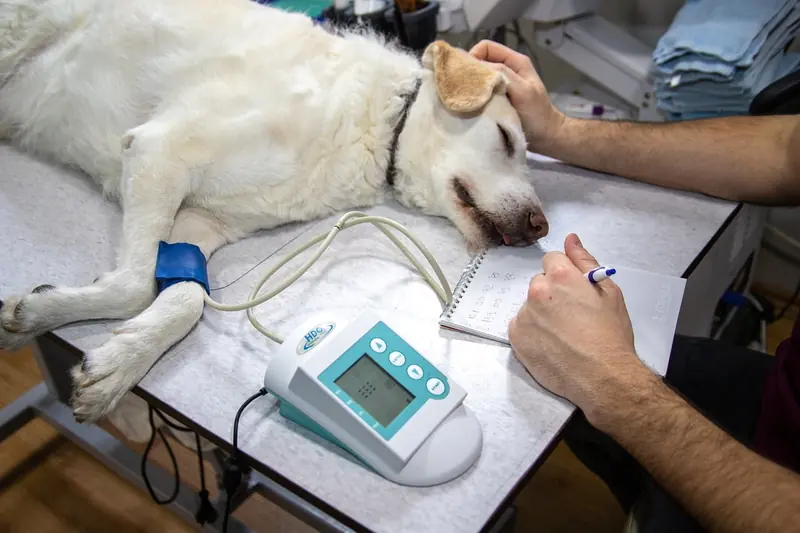A team of researchers from Queen’s University Belfast and the University of Nottingham has conducted a groundbreaking study on how human stress affects pet dogs by measuring their heart rates. Historically, dogs were primarily used for hunting, guarding, and herding livestock. However, today they mostly serve as companions. Despite the seemingly easy lives of modern dogs compared to their ancestors, they still face numerous stressors, including those transmitted from their owners. A few years ago, French scientists observed that a dog’s owner’s behavior at the veterinary clinic impacts the pet’s stress levels. The study also revealed that negative owner behavior, such as yelling, increases the dog’s anxiety during veterinary examinations.

What did the researchers discover? The authors of the new study involved twenty-eight volunteers and their dogs in an experiment at a veterinary clinic. During the study, both the owners and their dogs wore heart rate monitors, which recorded their heart rate data. Specifically, they measured heart rate variability, a marker of stress levels, as reported by Science Alert. The researchers subjected the owners to either a stress-inducing intervention or a stress-relieving one, tracking the effects of these changes on both the humans and their dogs. The stress-inducing intervention included a stress test that required solving arithmetic problems and delivering a presentation. The stress-relieving intervention consisted of a five-minute breathing-based meditation video. The team found that the heart rates of the dogs decreased as they acclimated to the veterinary clinic environment. This suggests that veterinarians should allow dogs time to adjust to the clinic before examining them.

Interestingly, this approach not only helps reduce the animal’s stress levels but also enhances the accuracy of examination and test results. Emotional Contagion The researchers discovered that changes in the owner’s heart rate before and during the experiment were linked to changes in the dog’s heart rate. If the owner’s heart rate increased or decreased during the experiment, the dog’s heart rate mirrored those changes. These results indicate that dogs can recognize stress in their owners, which in turn affects their own stress levels, leading to a phenomenon known as emotional contagion. This phenomenon occurs when both humans and animals consciously or unconsciously “catch” or mimic the emotions and behaviors of those around them.

What does this mean for the average dog owner? If they notice that their stress may be affecting their dog, this should be taken into account, especially during visits to the veterinarian. If veterinarians help the pet owner feel calmer during the appointment, it, in turn, contributes to the well-being of the dog. The team also recalled another recent study showing that the scent of sweat from a stressed stranger affects a dog’s learning and cognition during cognitive ability tests. This suggests that dogs can sense stress from both their owners and strangers. Therefore, individuals caring for or working with dogs should remember that their stress can cause stress in the animal.
